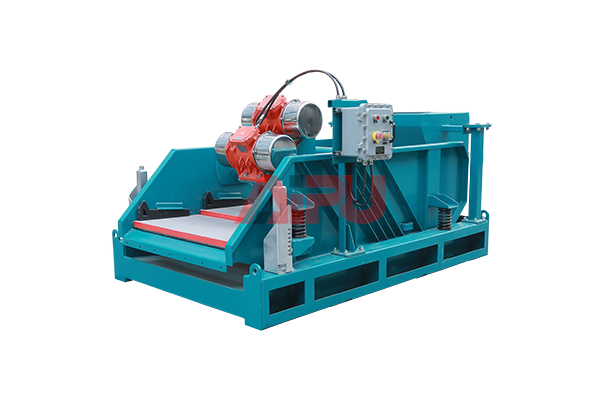Understanding the Critical Technical Specifications of Solids Control Equipment
Solids control equipment plays a vital role in drilling operations, ensuring efficient separation and management of drilling fluids. The technical specifications of these systems determine their performance, durability, and overall effectiveness. Here are the key points to consider when evaluating solids control equipment.

1. Processing Capacity
The processing capacity of solids control equipment is measured in gallons per minute (GPM) or cubic meters per hour (m³/h). This specification indicates how much drilling fluid the system can handle. Higher capacity units are essential for large-scale operations, while smaller rigs may require compact systems with lower throughput.
2. Separation Efficiency
Separation efficiency refers to the equipment's ability to remove solids of specific particle sizes. Key metrics include:
- Cut points (D50) for shale shakers (typically 45-75 microns)
- Centrifuge separation capabilities (down to 2-5 microns)
- Desander and desilter performance (15-45 microns and 5-15 microns respectively)
3. Power Requirements
The power consumption of solids control systems varies significantly based on:
- Motor horsepower for shale shakers (typically 2-5 HP per unit)
- Centrifuge drive power (15-75 HP depending on size)
- Vacuum pump requirements for degassers
4. Construction Materials
Durability is critical in harsh drilling environments. High-quality systems feature:
- Stainless steel or polyurethane screen panels for shale shakers
- Wear-resistant liners in hydrocyclones
- Corrosion-resistant coatings for all metal components
5. Operating Parameters
Key operating specifications include:
- Maximum working pressure (typically 0.2-0.6 MPa for hydrocyclones)
- Temperature range (usually -20°C to 60°C)
- Vibration frequency for shale shakers (commonly 1500-3600 RPM)
6. Maintenance Requirements
Technical specifications should outline:
- Recommended service intervals
- Lubrication requirements
- Expected lifespan of wear components
- Ease of screen replacement procedures
7. Safety Features
Modern solids control equipment incorporates:
- Emergency stop systems
- Overload protection
- Containment systems for hazardous materials
- Noise reduction technology
When selecting solids control equipment, it's essential to match these technical specifications with your specific drilling requirements. The right combination of processing capacity, separation efficiency, and durability will ensure optimal performance throughout your drilling program.
If your project requires solids control equipment, choose Aipu Solids Control, we believe it will be your best choice.
